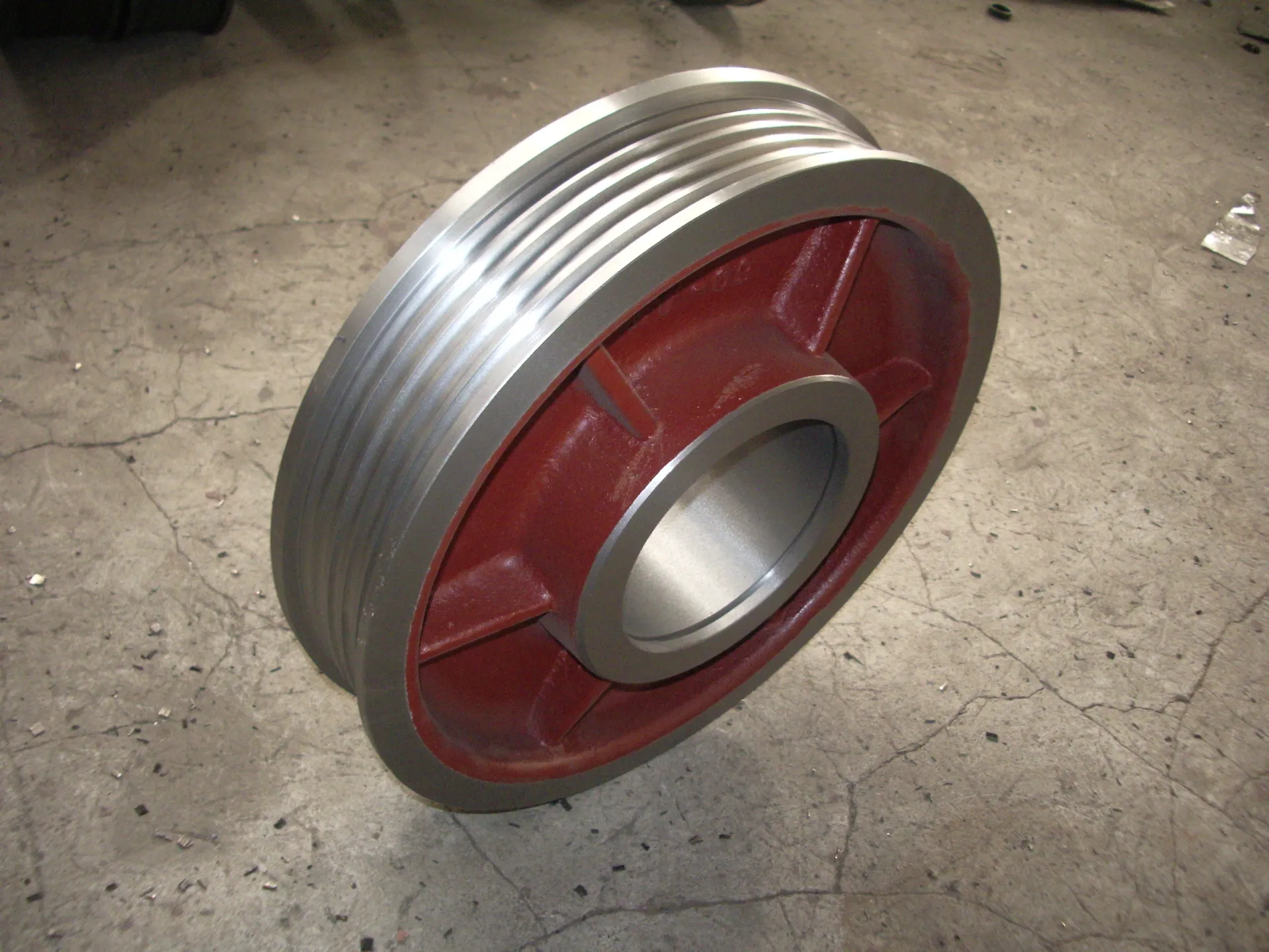Mobile:+86-311-808-126-83
Email:info@ydcastings.com
Exploring the Mechanisms and Functions of Industrial Valves in Modern Engineering
Understanding the Importance of Valves in Modern Engineering
Valves are crucial components in a multitude of systems, serving as mechanisms that control the flow of fluids, gases, and slurries. These seemingly simple devices play an indispensable role in industries such as oil and gas, water supply, manufacturing, and even in household plumbing. Understanding the significance of valves and their various types can provide insights into their functionality and applications in modern engineering.
Types of Valves
Valves come in numerous types, each designed for specific tasks. Some of the most common types include
1. Gate Valves Primarily used to start or stop fluid flow, gate valves operate by lifting a gate out of the path of the fluid. They are ideal for applications where minimum pressure drop is essential.
2. Globe Valves These are used for regulating flow. Their design allows for effective throttling, making them suitable for tasks where precise control over flow rates is required.
3. Ball Valves Utilizing a spherical disc to control flow, ball valves are renowned for their durability and reliability. They provide quick shut-off and are ideal for situations that necessitate fast action.
4. Check Valves Also known as non-return valves, these devices prevent backflow in a system. They automatically stop the fluid from flowing backward, thereby protecting pumps and compressors from damage.
5. Butterfly Valves These valves consist of a rotating disc that controls flow. They are compact and lightweight, making them useful in large pipelines where space is a constraint.
the valve

Each type of valve has its advantages and disadvantages, which determine its suitability for particular applications.
Applications of Valves
Valves are found in countless applications across various sectors. In the oil and gas industry, for instance, valves are used to control the flow of crude oil from extraction sites through pipelines to refineries. In water treatment plants, valves regulate water flow and pressure, ensuring that clean water is efficiently delivered to communities.
Moreover, the food and beverage industry relies on valves to manage the flow of liquids during processing and packaging. In HVAC systems, valves control the flow of air and water, contributing to efficient heating and cooling of buildings. Even in automobiles, valves play a critical role in engine performance, controlling the intake and exhaust of gases.
The Engineering Behind Valves
The design and manufacturing of valves involve intricate engineering principles. Factors such as material selection, pressure ratings, temperature tolerances, and flow characteristics are carefully considered to ensure reliability and longevity. Valves are typically made from metals like stainless steel, brass, or plastic, depending on the operational environment and requirements.
Additionally, advancements in technology have led to the development of smart valves equipped with sensors and actuators that allow for remote monitoring and control. These innovations enhance the efficiency and effectiveness of systems, providing data for predictive maintenance and reducing downtime.
Conclusion
In summary, valves are fundamental components that facilitate the smooth operation of numerous systems across various industries. Their ability to control the flow of fluids and gases not only enhances efficiency but also contributes to the safety and stability of operations. As industries continue to evolve and technology advances, the role of valves in engineering will only become more pronounced. Understanding the different types of valves and their applications can help in making informed decisions about system design and maintenance, ultimately leading to improved performance and reliability in various engineering contexts. Valves are more than just mechanical devices; they are vital in ensuring the seamless functionality of modern infrastructure.
-
Why Should You Invest in Superior Pump Castings for Your Equipment?NewsJun.09,2025
-
Unlock Performance Potential with Stainless Impellers and Aluminum End CapsNewsJun.09,2025
-
Revolutionize Your Machinery with Superior Cast Iron and Aluminum ComponentsNewsJun.09,2025
-
Revolutionize Fluid Dynamics with Premium Pump ComponentsNewsJun.09,2025
-
Optimizing Industrial Systems with Essential Valve ComponentsNewsJun.09,2025
-
Elevate Grid Efficiency with High-Precision Power CastingsNewsJun.09,2025











